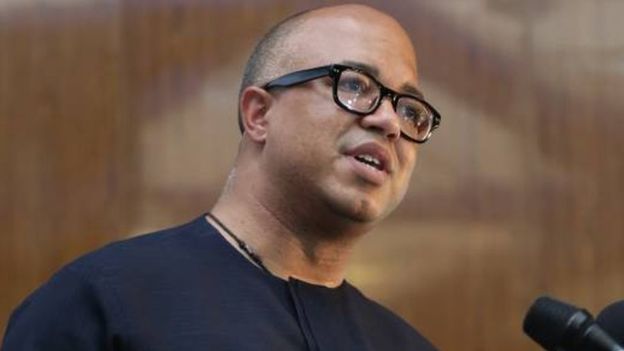Health
NCDC updates national case definition for Covid-19

The Nigeria Centre for Disease Control (NCDC) has updated the national case definition for Coronavirus disease (COVID-19), outbreak in the country.
Dr Chikwe Ihekweazu, Director General of NCDC, told our reporter on Tuesday in Abuja, while giving an update on COVID-19 in the country.
Ihekweazu said that the updated case definition takes into account the epidemiology of the virus and the transmission pattern seen in the country.
He said that the agency will continue to review guidelines such as the case definition, as more precise information emerges on the COVID-19 outbreak including characteristics of transmission and geographical spread.
“The major update to the current case definition, is that any patient with acute respiratory illness within the last 10 days with fever and either cough, difficulty breathing or shortness of breath ”
”And in absence of an alternative diagnosis that explains the clinical presentation and residing or working in the last 14 days in an area identified by NCDC as a moderate or high prevalence region will be treated as a suspect case.
“This is in addition to the already existing case definition where the focus was on symptomatic patients (fever and either cough, difficulty breathing or shortness of breath) who are recent international travelers within 14 days of arrival or contacts of confirmed cases, “ he explained.
He added that the recent inclusion of University College Hospital, UCH Ibadan into the network laboratories for COVID-19, and ongoing assessment to include seven other laboratories in the next three weeks would enable increased testing capacity and improved turn-around time.
Ihekweazu urged Nigerians to discourage and discontinue the spread of false and unverified information.
“Anyone with credible and relevant information on COVID19 in Nigeria should call via our toll-free number: 080097000010.
“The NCDC toll-free number is available 24/7 for enquiries. Due to the volume of calls being received, there may be a delay in reaching one of our call attendants.
“Please be rest assured that your calls are important to us and we are here to respond accordingly,” he said.
One phrase heard frequently by the NCDC DG was “flattening the curve” he outlined many points saying; The COVID-19 spreads rapidly and, as it spreads, the curve, or number of those needing medical attention, goes up accordingly.
He said that the all-at-once scenario, where Nigerians who are going to get the virus get it at the same time, will be a nightmare for us all as a nation.
“It’s avoidable if we as Nigerians can be sensible and try to adhere to some common sense guidelines for the time being.
“Social distancing will be a key factor in flattening the curve. Stay home as much as possible. Try to put some space at least 3ft is recommended between you and anyone around you when you’re out.
“Avoid handshakes or hugs and cover your mouth or put it into the bend of your elbow when you cough,” he advised.
According to him, practicing these preventative measures will help slow the spread of virus, flatten the curve, and allow NCDC the opportunity to be there when the need is greatest.
It was reported that as at 11.15 a.m. on March 31, there are 135 confirmed cases of COVID19 reported in Nigeria with two deaths.
It added that currently, Lagos has 81; Abuja- 25, Ogun – Ekiti has– one, Oyo – Eight, Osun, Five while Enugu has- Two.
others include : Edo – Two, Bauchi -Two, Kaduna three, while Benue and Rivers have one case respectively.
It was also reported that Lagos State still has the highest number of confirmed cases of COVID-19 in the country with 81 cases.
The cases reported were from travellers who have just returned to the country.
Other cases the centre said were from people who came contact with infected people.




 Davido's Net Worth & Lifestyle
Davido's Net Worth & Lifestyle 
